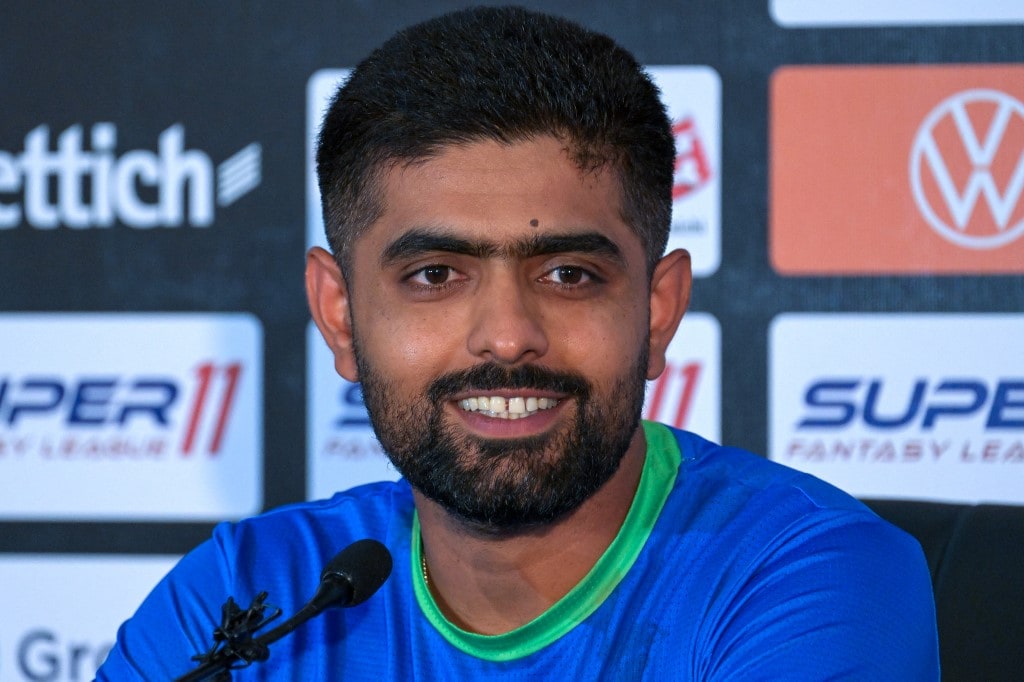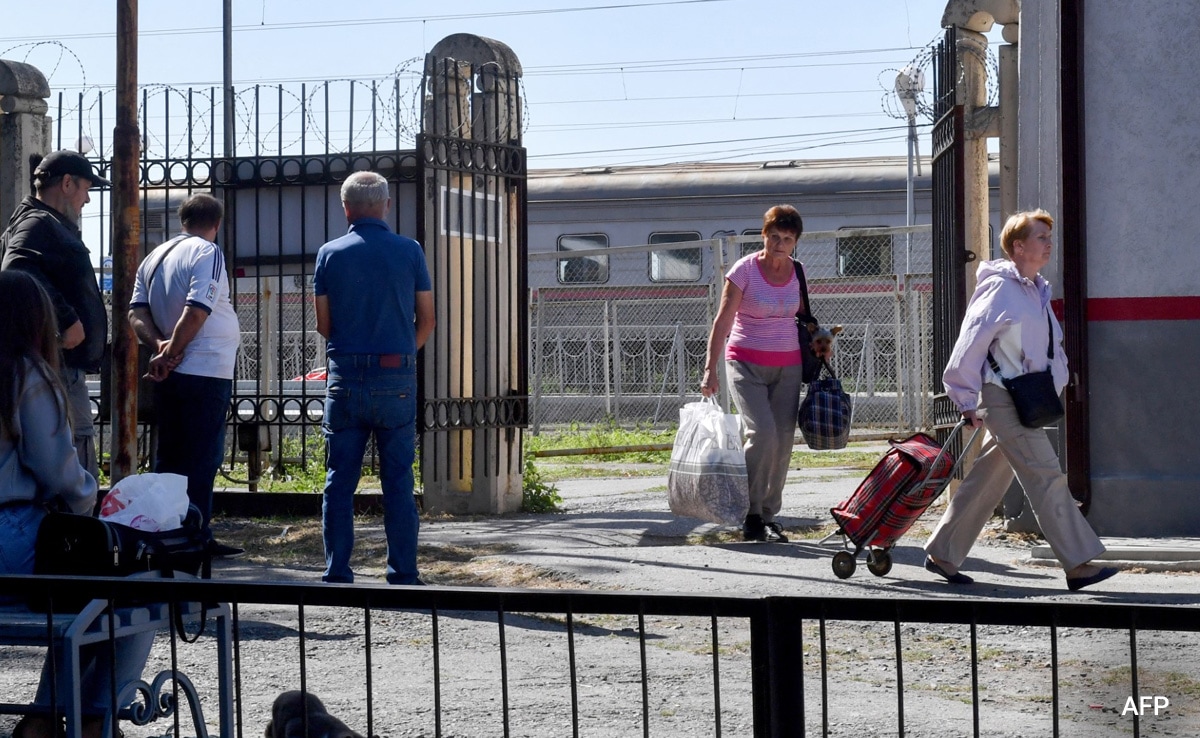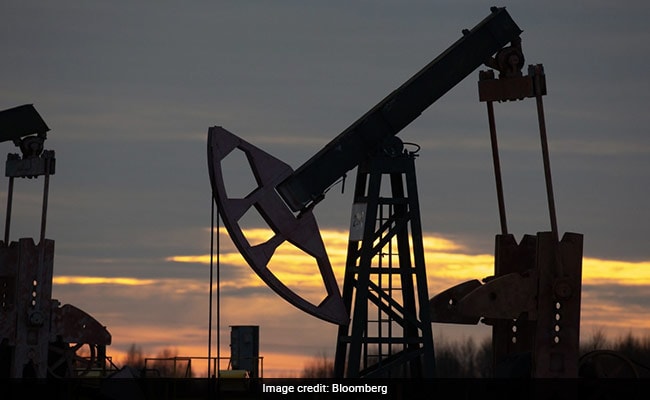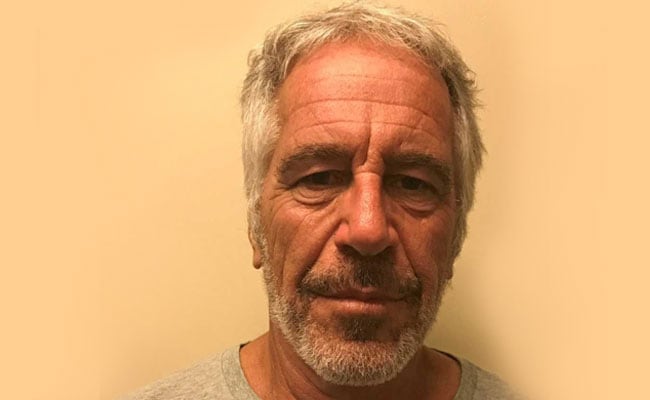Illustration: Sreejith R.Kumar
Muhammad Yunus and his grassroots Grameen Bank won the Nobel Peace Prize in 2006 for lending a social conscience to capitalism and “their efforts to create economic and social development from below” in Bangladesh. At 83, the “banker to the poor” does not appear to be slowing down. He strives, he asserts, for a world of three zeros: zero poverty, zero unemployment and zero net carbon emissions.
Instead of shunning capitalism, Mr. Yunus’s approach has been to humanise it. “The capitalist system is a machine which sucks up wealth from the bottom to send it to the top. It is not the fault of individuals at the top. They follow what the system asks them to do: chase money,” Mr. Yunus said in an interview with The New York Times in 2017. “But in the process, wealth at the top grows like a giant mushroom owned by fewer and fewer people — for the simple reason that the more they have, the more they get. Wealth is a magnet.”
Also read: Explained | Why are cases against Mohammad Yunus drawing attention?
Small loans
Mr. Yunus modified this system by allowing humans to express selflessness through what is known as social business. The concept, although deemed unrealistic by many, caught the Western imagination. It evolved from his practice of granting poor people small loans on easy terms — the cornerstone of the Grameen Bank since its establishment in 1983.
After completing his studies in Bangladesh and the U.S., Mr. Yunus was appointed professor of economics at the University of Chittagong in 1972. When Bangladesh suffered a famine in 1974, he ventured beyond the realm of teaching. He decided to give loans to people who wanted to start their own small enterprises. That initiative was expanded through the Grameen Bank on a large scale. Under his tutelage, the Grameen Bank played a pivotal role in eradicating poverty through microlending. More than 100 nations have sought to replicate this model.
However, his ‘banking for the poor’ venture has come under attack from some quarters. Microcredit is said to carry unusually high interest rates due to a lack of collateral and the overheads associated with administering small loans. Mr. Yunus himself admitted that some organisations may have abused the microcredit system for profit. As microcredit expanded all over the world, it became less likely that borrowers would be monitored and protected from falling deep into debt like before. Critics cite modest benefits associated with microcredit, overindebtedness, and a trend toward commercialisation that is less focused on serving the poor.
Disputes at home
At home, Mr. Yunus became embroiled in a barrage of legal cases. In 2011, he was removed by Bangladesh’s central bank from the post of managing director at the world’s best-known microlender, for holding on to the post past his retirement age. Mr. Yunus lost the court battle stemming from regulatory steps. Prime Minister Sheikh Hasina, on many occasions, accused him of influencing the World Bank’s exit from the nation’s largest bridge project, an allegation he has consistently denied.
More than a decade later, a criminal case against Mr. Yunus alleges three breaches under the country’s Labour Act and may lead to a jail sentence. This is just one of more than 150 cases filed against him after the ruling Awami League party came to power in 2008, according to Amnesty International. On October 5, the nation’s anti-graft agency interrogated Mr. Yunus for more than an hour on money laundering charges. He has denied any wrongdoing.
Despite all these unsavoury sideshows, Mr. Yunus will be remembered for his role in expanding microfinance around the world. Almost 40 years ago, when the concept of microfinance as a poverty reduction tool was in its infancy, he fuelled hope that microcredit would transform economic and social structures with its focus on reaching the previously unbanked. By one estimate, the global microfinance market was valued at $178.8 billion in 2020 and is projected to reach $496.9 billion by 2030.
(Arun Devnath is a journalist based in Dhaka)













